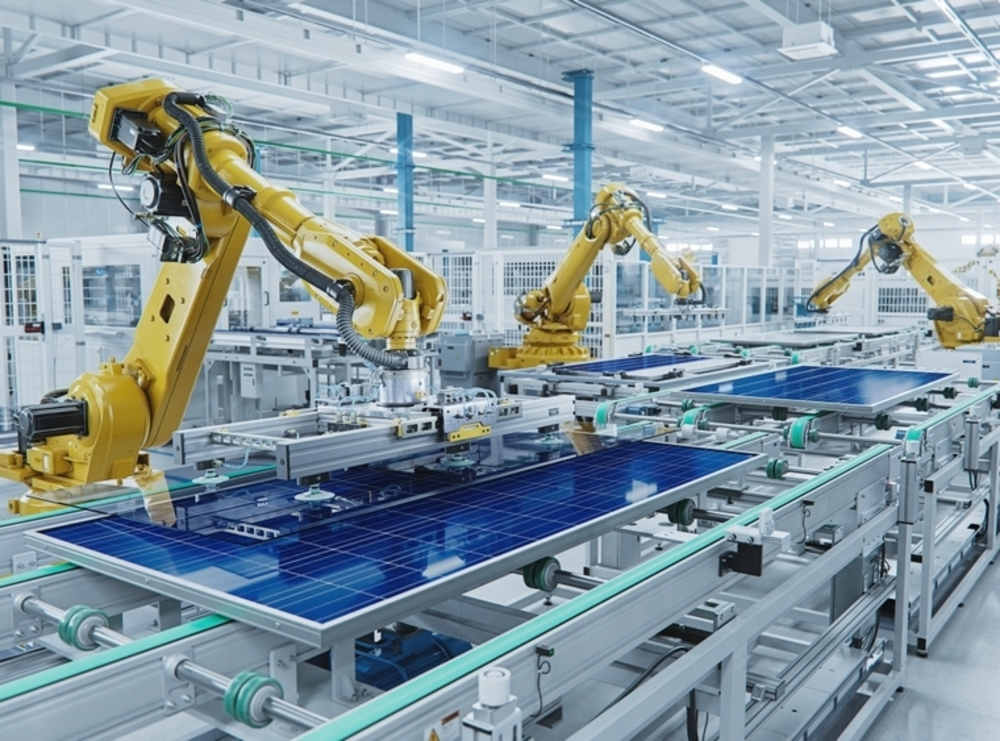What impact does digital technology have on these challenges?
PAC: In the digital transformation we are currently seeing, the risks of proletarianization affect the management staff, and not just the workers. This point has been clearly identified by philosopher Bernard Stiegler: proletarianization occurs when a subject, whether a producer or designer, is deprived of their know-how. The financial crisis of 2008, for example, highlighted the fact that it is now also designers and decision-makers who are likely to be proletarianized by the automation of decision-support systems, such as computer trading programs. Today, this question is posed with an absolutely unprecedented radicality, insofar as proletarianization can affect each and every one of us, impacting all social roles, from the most humble to key decision-making roles. Proletarianization “is the loss of knowledge of the person who – though generally an employee, whose employment is becoming more and more precarious, temporary or part-time, and more and more platformized – could just as easily be a consultant, self-employed, entrepreneur, accredited professional, click-dependent keyboard slave, etc.”. Such a trend exacerbates individuals’ loss of control over their work, risking alienation within organizations.
To what extent?
PAC: Today, technical registers that are barely or poorly mastered, such as big data or blockchain, can generate a feeling of devaluation. Some people may even find themselves, at some point, confused by the complexity of these technical systems and the terms used to describe them. Although not reflected in the statistics, this sort of discomfort and suffering at work actually creates a feeling of anxiety, which is growing as technical systems evolve, often at a very rapid pace.
How can we bring together humans and machines in the industry of the future?
PAC: This involves looking at automation from a critical point of view. We need to ask ourselves whether it is still relevant for each function or service. Industrial history reminds us of the risks of a “deal with the devil”, where work was dehumanized in the name of growth. As economist Daniel Cohen put it so well, we may get the impression that we’re making this deal again, this time in the algorithmic society that’s about to emerge, with the fantasy of reviving lost growth. In order to avoid such banishment or even mechanization of humans, a key issue for industry to address is whether new technologies will create a complementary dynamic between work and machines, or whether they will, on the contrary, lead to an irreversible mindset of subordination and even alienation. With this in mind, there are two possible scenarios for the next fifty years. Either a world filled with manufacturers of symbols, much like Steve Jobs and Elon Musk, who will receive most of the income from the world they have created themselves. A world of extreme inequalities. Or, alternatively, a scenario in which humans and AI are complementary. For example, making diagnosis accessible for pharmacists, which would add value to their roles and their profession.
On another level, I think it’s important to consider that the more our social and professional spaces are taken over by digital innovations, the more attentive we should be to the virtues of proximity and recognition. This means taking a step back at a time when praise for digitization is proliferating, and remembering that the desire to act together is always dependent on existential factors. Such a desire is not categorically stated, but instead calls on sensitive dimensions: without sharing the same view of meaning, without sharing (at a given moment) the same place, it is impossible to unite these views. With this in mind, it seems important to encourage the creation of places where skills can come together. From a sociological point of view, it is therefore important to develop third places.
What role do territories play in this transition?
PAC: Territories are more than just physical spaces. They are incubators of long-established cultures and know-how. For example, the Industry, Design and Social Innovation Research Chair (IDIS) at the Ecole Supérieure d’Art et de Design de Reims (ESAD, with which IMT-BS has a partnership) is working to develop new uses for hemp, and to explore the technical possibilities of this local material, enabling the creation of industrial objects and redefining production in the region. In this process, the designer acts as a mediator within the local ecosystem, helping to create social value for the various stakeholders. This kind of reterritorialization gives new meaning to production and provides a link between individuals and their environment. These initiatives suggest that a territory is not just a physical space, it is always likely to open onto a world of shared skills, know-how and heterogeneous cultures. The basic idea behind the notion of territory is always an existential dimension (in the sense that psychoanalyst Félix Guattari spoke of “existential territories”).
In conclusion, how do you see the future of industry?
PAC: At a time when we are starting to gain a real understanding of the sociological impacts related to the excitement, just as much as the limitations, of hyperconnection, it seems crucial to take back possession of our territories by seeing them as spaces where more contributory and meaningful societal dynamics can be created, that are more focused on sharing existing know-how. In this sense, it will be important to relearn how to recognize and take pride in this know-how, to lay the foundations for a new industrial ecology.



 Today, technical registers that are barely or poorly mastered, such as big data or blockchain, can generate a feeling of devaluation.
Today, technical registers that are barely or poorly mastered, such as big data or blockchain, can generate a feeling of devaluation.
